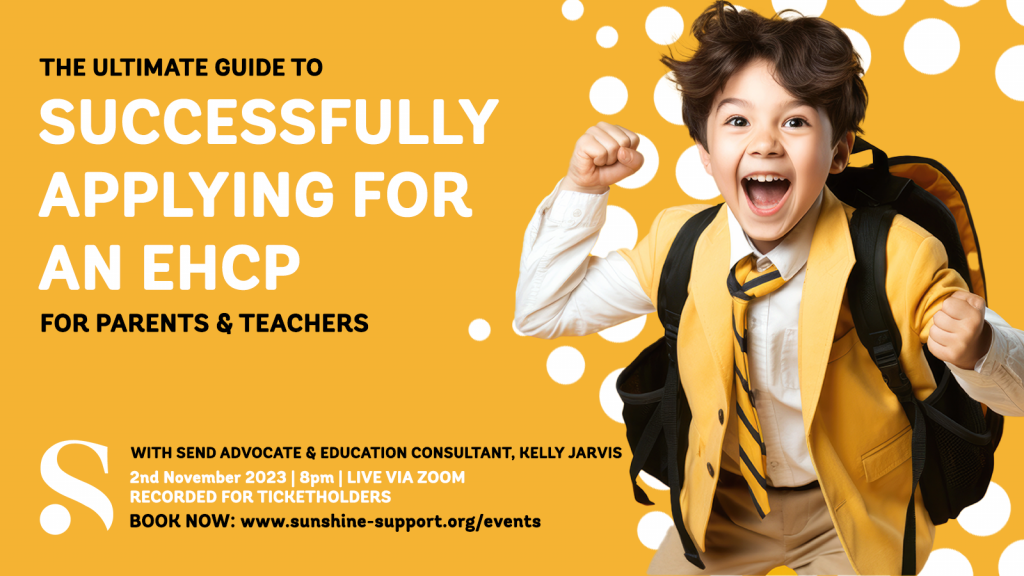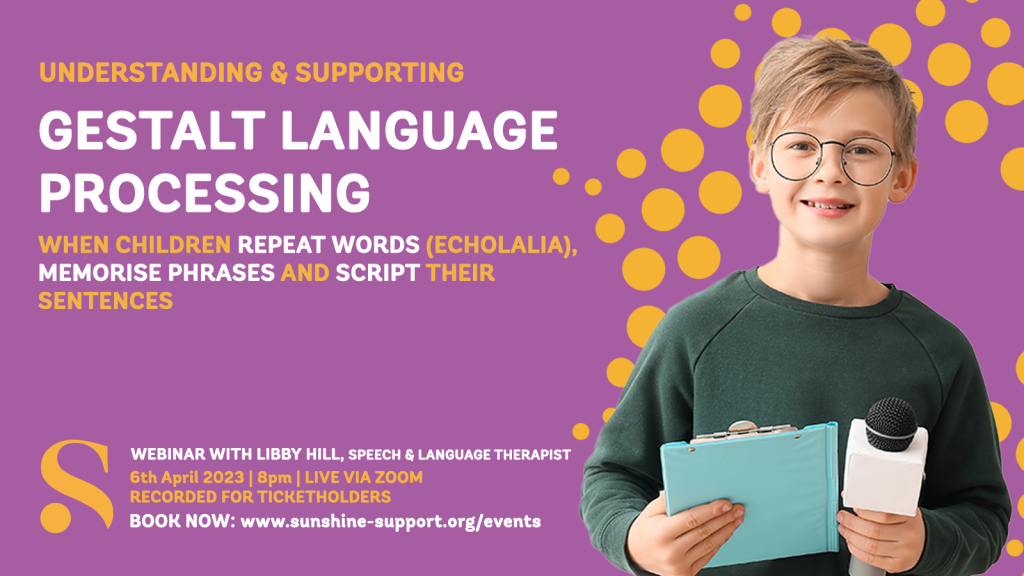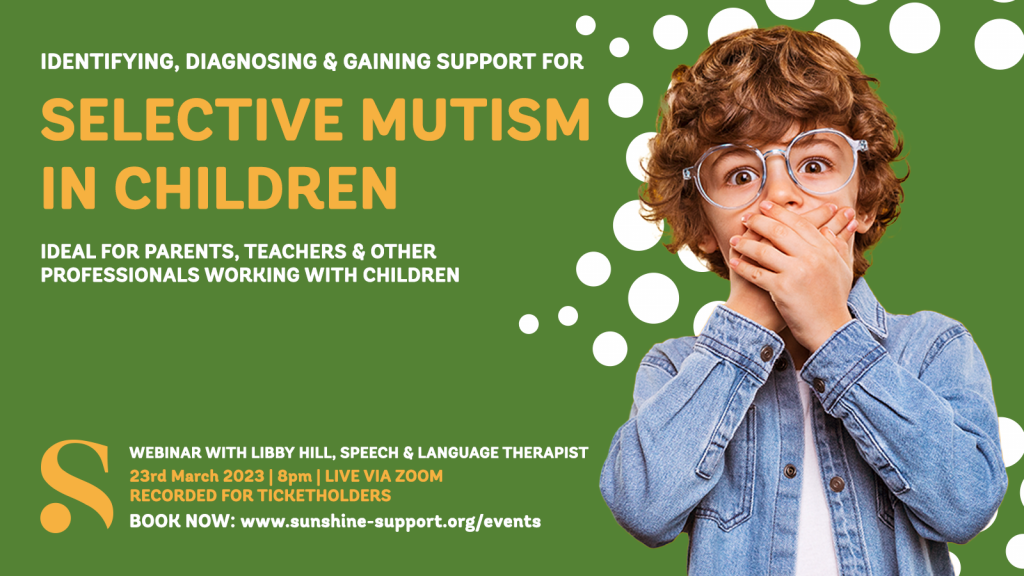
Rejection, the fear of rejection, and the pain of rejection can be found in absolutely anything from the end of a relationship to the anxiety of public speaking to awaiting the outcome of a job interview. It is so human, and we can’t escape it. There are countless pieces of art, musical compositions, examples of literature that all have been inspired by the loss or the possibility of losing something or someone.
If we really think about our own unique experience of trauma and anxiety, it is interesting that the majority of them stem from rejection.
Is rejection the oldest cause of emotional pain?
The exact nature and time of when we as humans began to live together in groups is a complex anthropological matter. However, it is easy to see why it happened and why it benefitted and continues to still benefit us.
Together we are safer. Together we can build communities, find and grow foods, share knowledge and skills, alert each other of danger. It has played a crucial part in our survival and without community we most likely would not have been around for as long as we have. So, perhaps by considering this we can take a new viewpoint on the pain caused by rejection.
Consider living 100,000 years ago, if you were rejected by your group or tribe then you would lose your safety, food, warmth, and all the other aspects of being together that benefit your survival. By losing that you would be subjected to anxiety and fear.
What will happen to you? How will you hunt? Where will you find shelter?
We all have a fear of rejection. It is built into us and perhaps this is why… Maybe the pain caused by rejection is the oldest cause of emotional pain. Is it an instinct we have retained in order to preserve ourselves?
Trauma caused by rejection
Is rejection the root of all traumas? The answer is probably not. However, it could be present in all forms of trauma.
Take people of colour as an example. There is historical and intergenerational trauma shared as a whole group. There is also the trauma caused daily from ongoing discrimination, prejudice and in some cases violent attacks. The trauma comes from these experiences but are they stemming from rejection?
Is the discriminator rejecting the human rights of the discriminated? Could it be that this act of rejection leads to acts of discrimination?
At its core, racism could be considered as one group of people rejecting the other.
Looking into the biggest causes of trauma in the UK, domestic violence, abusive relationships and sexual assault come out on top. These forms of abuse stem from power and control. By taking away another person’s right to say, ‘yes’ or ‘no’, for example, you are affectively taking away their ability to reject you. A victim of abuse may experience rejection in multiple ways. Perhaps fear of their story and truth being rejected, or simply social rejection.
(To clarify I am in no way trying to justify racism, discrimination, or assault. My intention is to contextualise forms of rejection and observe how they may be interpreted even in extreme situations.)
Through deconstructing trauma or traumatic events it seems there is quite a clear correlation between them and rejection.
ADHD and Rejection Sensitive Dysphoria
RSJ (Rejection Sensitive Dysphoria) has only really been discussed over the last couple of years. It is described as an “extreme emotional sensitivity to being criticized or rejected, whether real or perceived”. Studies show that RSD is experienced/present in 99% of people with ADHD. This extremely high percentage got me wondering about the cause of this dysphoria and why so many experience it.
Again, if we consider how as humans we developed over time, not just in terms of sociological development but also our emotional development, perhaps that instinct to fear rejection has a stronger drive within ADHD.
Splitting the brain into two, we have what we call our “modern brain” or pre-frontal cortex and our “primal brain” or hindbrain and medulla.
Studies show that the ADHD brain tends to have a weaker or less activity in the “modern brain” which is where our critical thinking, judgement and reasoning are controlled. However, there tends to be a lot more activity in the “primal brain” which is responsible for instinct, survival, strong core emotions.
Thinking more on ADHD traits, empathy, creativity, high-energy, resilience, out-of-the-box thinking, they all could be perceived as primal instincts. For this reason, I believe those with ADHD (including myself!) experience RSJ because we are more in tune with our primal nature.
Can we prevent pain from rejection?
Realistically, we cannot prevent feeling the ways we feel because we cannot reject being human. On a lighter note, there are ways to manage dealing with rejection that are healthy and sustainable.
Consider:
- Therapy/counselling
- Questioning why the rejection feels bad. Where has the anxiety come from? Is there really any danger?
- Considering what you can learn from the rejection
- Processing and letting go of past experiences
- Avoiding toxic positivity and embracing matter-of-fact thinking
- Acknowledging the fear of rejection surrounding something and go ahead and do it anyway. Often we are perceiving rejection when there is none.







